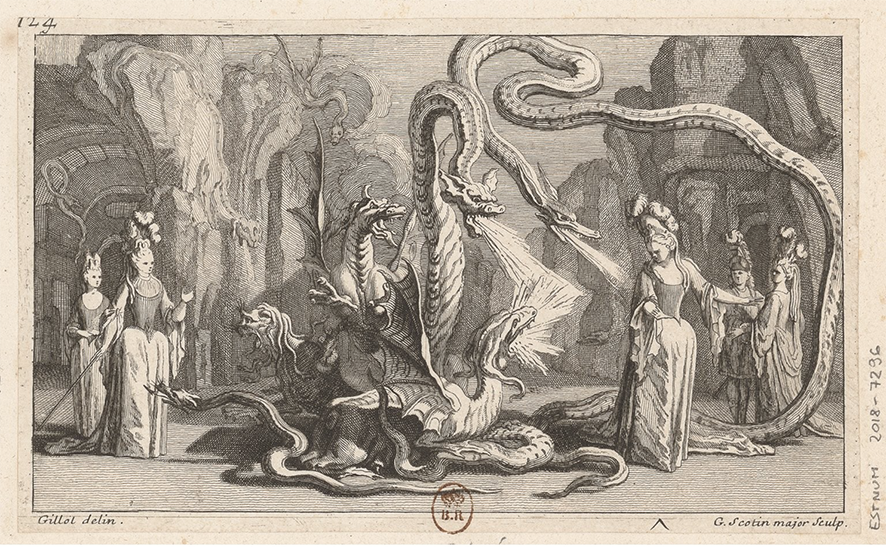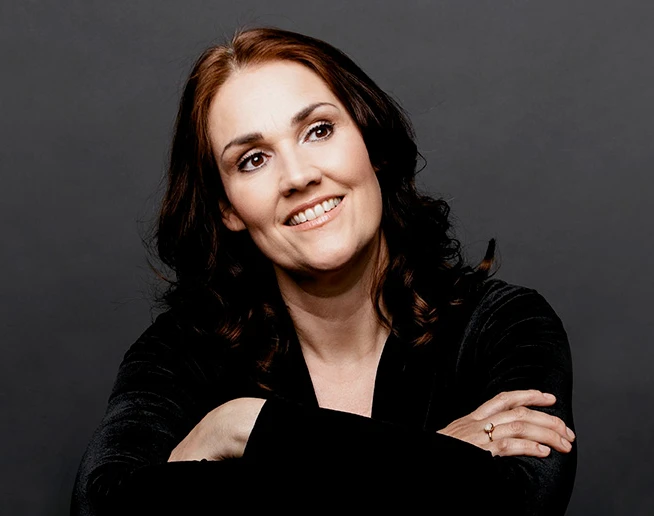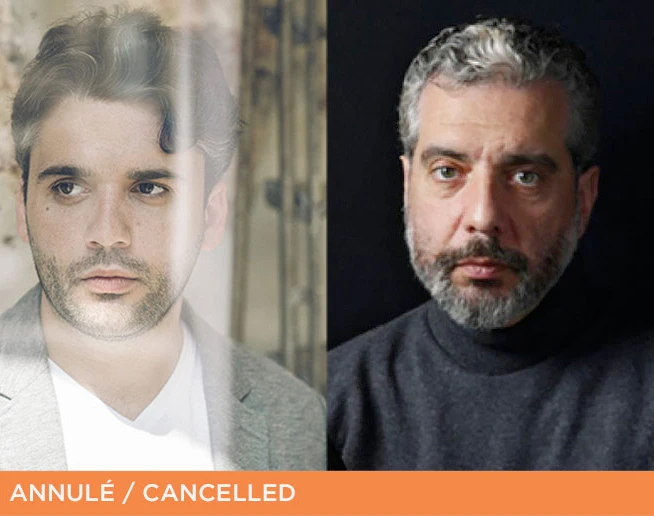Médée
Marc-Antoine Charpentier
Of all the versions, Charpentier’s masterpiece celebrating the glory of Medea is among the most faithful to the grandiose nature of the ancient myth.
Dates
Véronique Gens | Médée
Cyrille Dubois | Jason
Judith van Wanroij | Créuse
Thomas Dolié | Créon
David Witczak | Oronte
Hélène Carpentier | Victory / Nérine / Love
Adrien Fournaison | Le Chef du peuple / Un habitant / Argive / Vengeance
Floriane Hasler | Bellone
David Tricou | Sheperd / First Corinthian / Argive / Third captive / A demon / Third phantom
Fabien Hyon | Sheperd / Arcas / Second Corinthian / Jealousy
Jehanne Amzal | Italian Woman / Cléone / First shepherdess / First captive / First phantom
Marine Lafdal-Franc | Glory / Second shepherdess / Second captive / Second phantom
Hervé Niquet | direction
Le Concert Spirituel Orchestra and Choir
Sung in French with French and English subtitles
About
After so many years during which the opera privileges enjoyed by Lully limited him to performances of pastorals and religious music, Charpentier final made it to the Opéra stage at the age of 50. He had already won over audiences with his Malade Imaginaire, a comédie-ballet created with Molière twenty years earlier. Médée is Charpentier’s magnum opus, the culmination of all his vocal work, an outstanding example of rich orchestration, and a magnificent experience of tragedy courtesy of Thomas Corneille’s libretto and the tragic and all-consuming fate of Medea – a true masterpiece! However, Médée’s reception in Paris was not on a par with the work itself, and it was not considered sufficiently “fashionable". Charpentier therefore stepped back from all the cabals which were making the Opéra a hotbed of schemers. Médée is Charpentier’s only lyric tragedy and we regret all those he might have written if fate, politics and Lully had not decided otherwise (Source: Centre de musique baroque de Versailles).
Coproduction Théâtre des Champs-Elysées / Centre de musique baroque de Versailles / Le Concert Spirituel
Concert broadcast on Mezzo (date to be confirmed)
Concert to be broadcast on TCE Live



